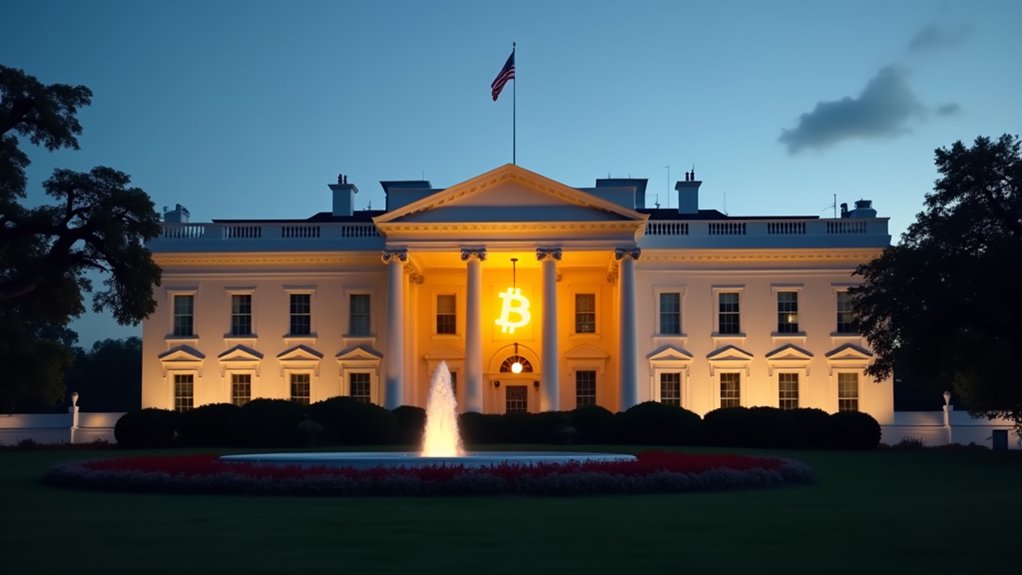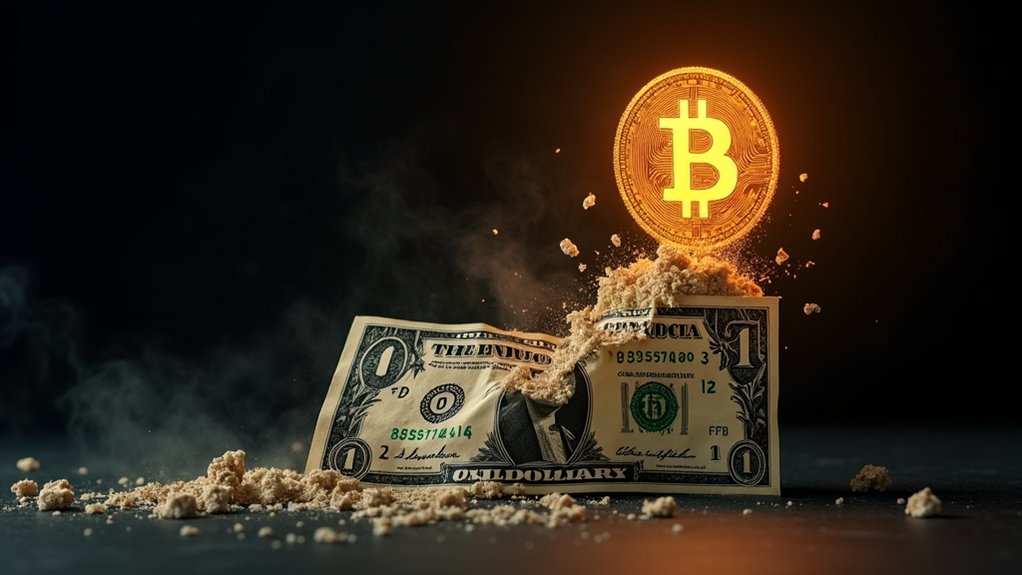How times have changed. The U.S. government, once skeptical of cryptocurrency, is now eyeing Bitcoin like a hungry kid at a candy store. The Trump administration has disclosed plans for a Strategic Bitcoin Reserve, and they’re getting creative with how to fund it. Their solution? Tariff money. Yes, really.
The whole thing started with an executive order establishing what they’re calling the Strategic Bitcoin Reserve. At first, they’ll stock it with Bitcoin seized from criminals—because nothing says “legitimate government asset” quite like confiscated crypto.
Uncle Sam’s new piggy bank starts with seized crypto—proving there’s no better way to legitimize Bitcoin than criminal confiscation.
But here’s where it gets interesting: they want to expand it using revenue from Trump-era tariffs, keeping their hands off taxpayer dollars. Recent market trends show institutional investors are increasingly driving cryptocurrency adoption and price growth.
Senator Cynthia Lummis is leading the charge with the Bitcoin Act of 2025, trying to make this whole thing official. They’re even considering some fancy footwork with gold certificates, proposing to revalue them from $43 to about $3,200 per ounce. That’s quite a jump. The goal? Generate paper surplus without actually selling any gold. Clever.
An interagency working group, including Treasury and Commerce departments, is hammering out the details. It’s like a government blockchain book club, but with actual consequences. The administration swears this will be budget-neutral—no dipping into existing funds or raising taxes. Bo Hines, the Executive Director of PCADA, has emphasized keeping all options open for funding. They’re dead serious about building this digital fortress.
The strategy behind all this? It’s part hedging against inflation, part flexing America’s muscles in the digital asset space. The U.S. government seems to have finally realized that crypto isn’t just for tech bros and speculators anymore.
They’re positioning this reserve as a counterweight to global financial uncertainties and shifting power dynamics.
The announcement has set off a predictable firestorm of debate. Critics are scratching their heads, supporters are cheering, and everyone else is trying to figure out what it means for the dollar’s dominance.
One thing’s clear: the U.S. government is going all in on Bitcoin, whether traditionalists like it or not.





